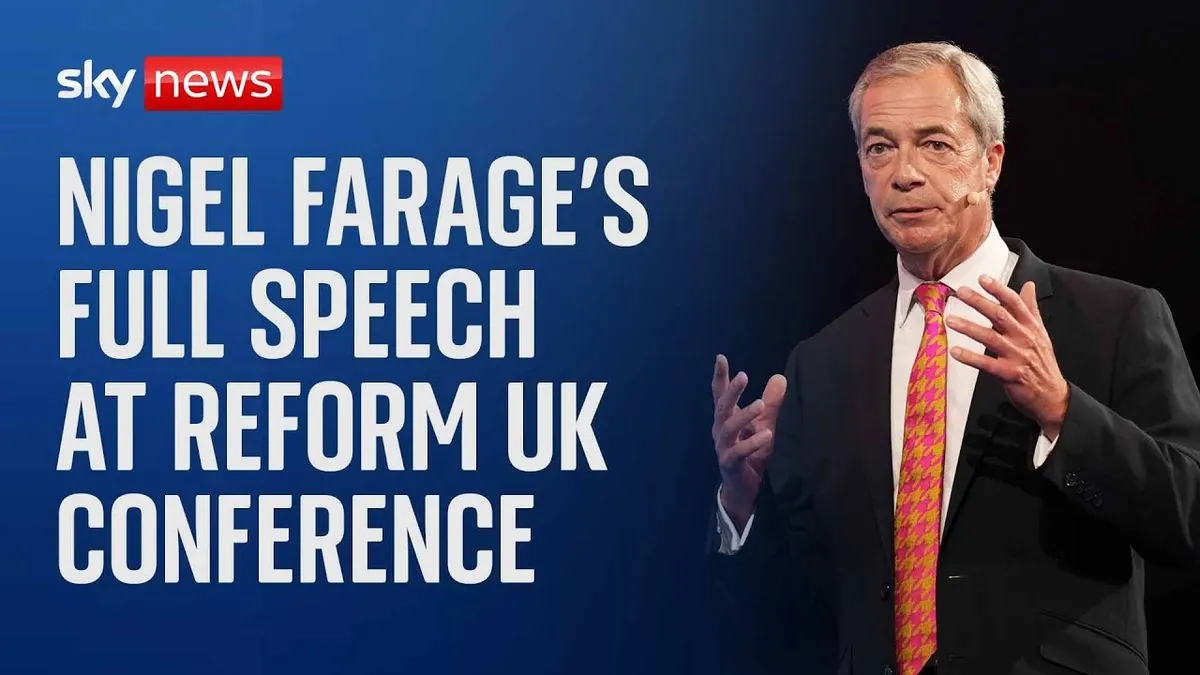UK Government Salaries: Balancing Cost and Performance
Analysis of high-ranking UK government salaries, including the PM's chief of staff, raises questions about public sector pay and performance. Calls for structural changes and incentive-based systems emerge.

The recent disclosure of a £170,000 salary for the UK Prime Minister's chief of staff has sparked a debate about public sector remuneration and performance. While this figure may seem justifiable for a high-level position, it raises questions about power dynamics and fiscal responsibility within the government.
Sue Gray, the current chief of staff, reportedly earns more than her boss, the Prime Minister. This disparity has led to speculation about where true power lies in the government, potentially undermining the democratic process. The situation is further complicated by reports of suppressed junior advisor salaries, creating a stark contrast within the administration.
Comparing this salary to local government remuneration reveals a concerning trend. In the 2022-23 fiscal year, 142 town hall executives earned more than the Prime Minister's chief of staff, with some managing relatively small populations. For instance, the managing director of Broadland council, serving just 274,000 people, received £173,573.

The civil service has also seen significant growth. Between March 2023 and March 2024, employment increased by 23,060, reaching 542,840. This expansion, coupled with a 42.5% rise in civil servants earning over £100,000, raises questions about the efficiency of government operations.
Despite these high salaries and increased staffing, public services continue to face challenges. The NHS, established in 1948 as one of the world's largest publicly funded health services, struggles with long waiting lists. Citizens encounter difficulties booking driving tests through the Driver and Vehicle Standards Agency (DVSA) and face deteriorating road conditions.
To address these issues, some suggest implementing performance-based pay structures. For Members of Parliament, this could mean bonuses linked to GDP growth, incentivizing decisions that promote economic development. Similarly, civil service teams could receive rewards for efficiently delivering projects on time and within budget.
"If taxpayers are expected to stump up more cash for big salaries then there has to be structural change alongside, to ensure world class services are delivered."
As the UK government aims for ambitious goals, such as achieving net-zero carbon emissions by 2050 and addressing housing market challenges, it's crucial to align public sector compensation with performance and results. This approach could help justify high salaries while ensuring that taxpayers receive value for their money through improved public services and effective governance.


































